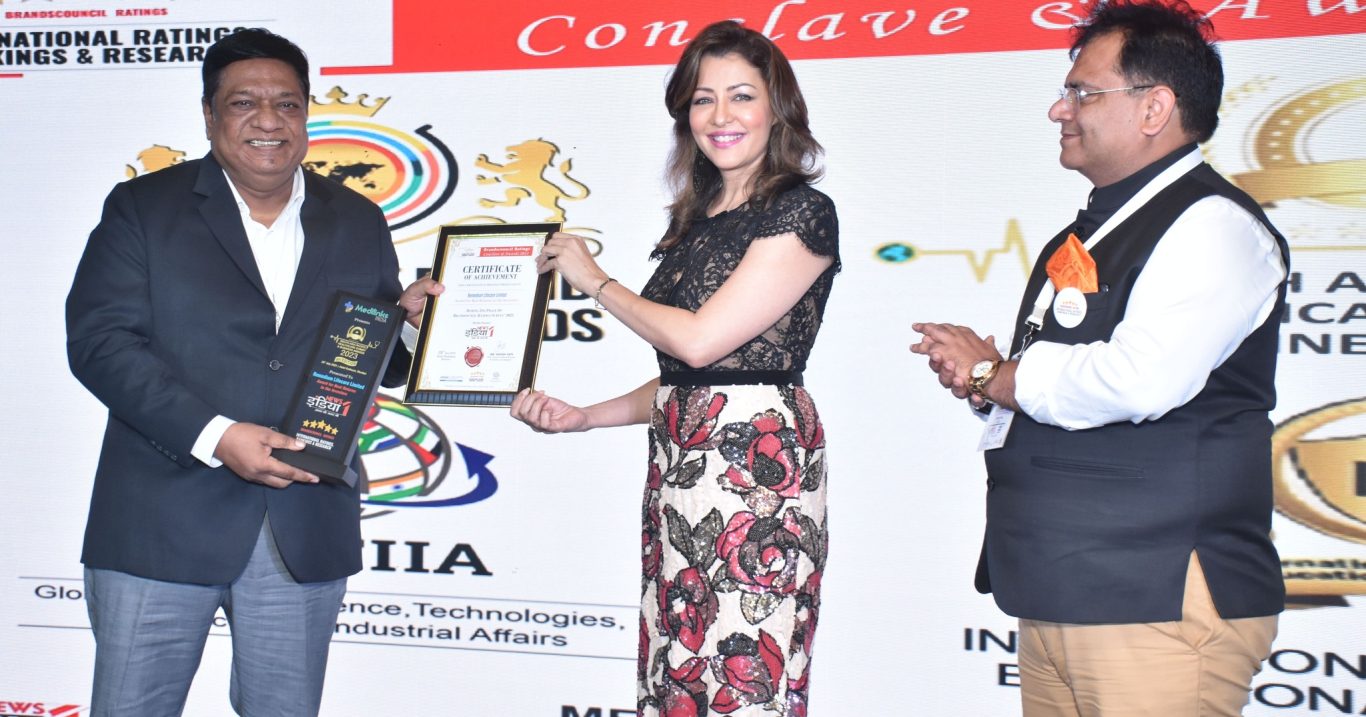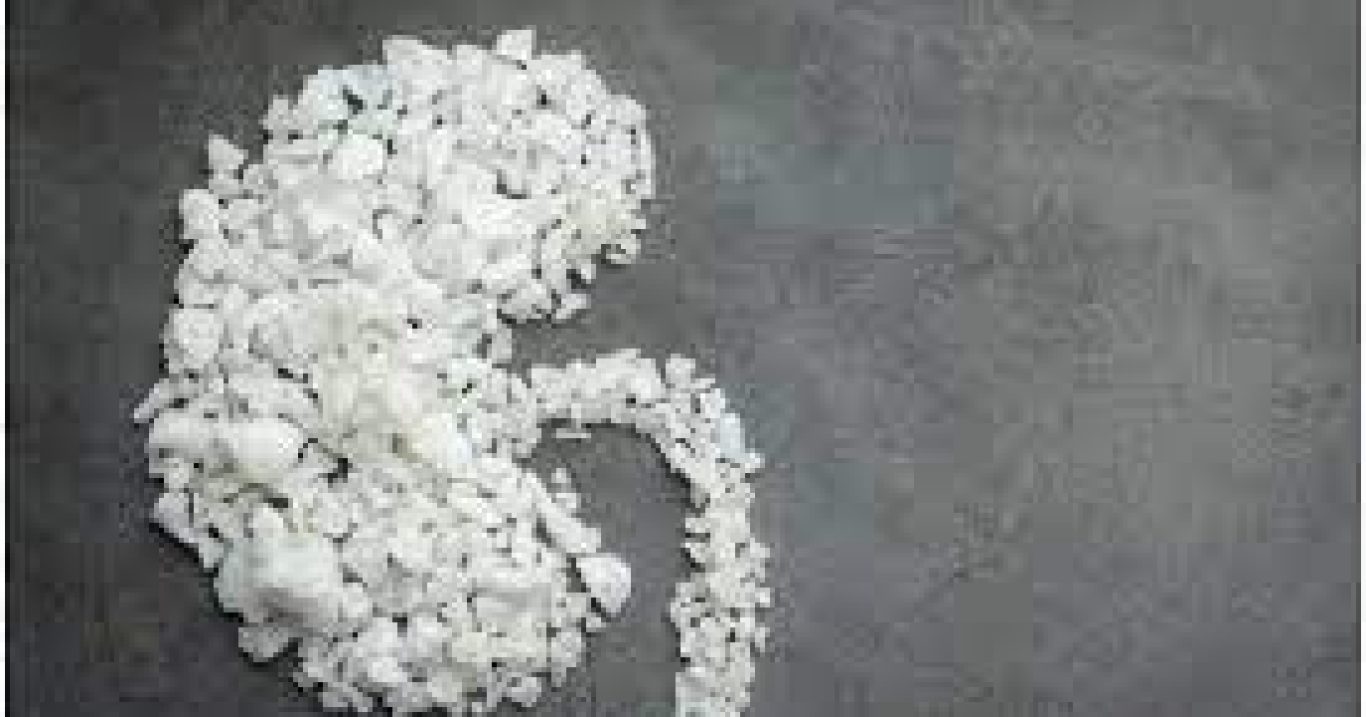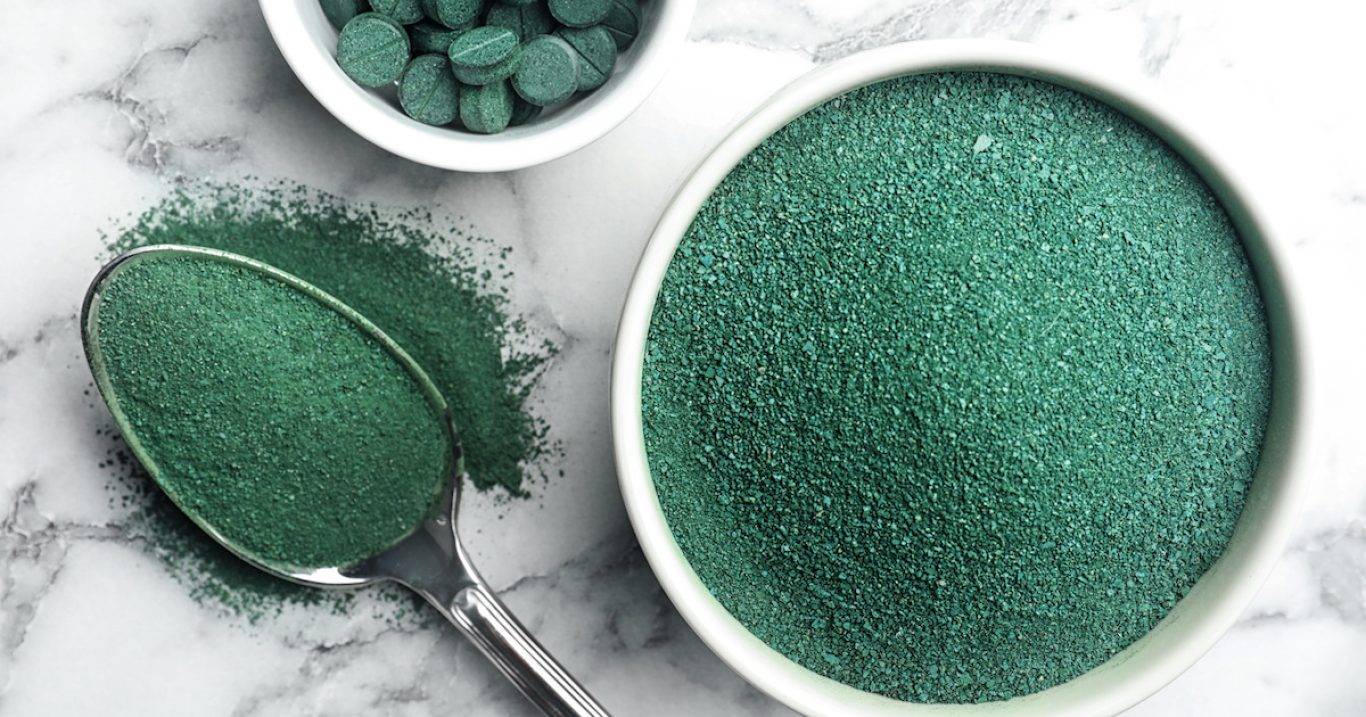Now Indian Firms will take over MNC’s – Kiran Shaw
Over the last few days, media has been abuzz with the news of Sun Pharma’s $4-billion acquisition of Ranbaxy.
Given the fact that it is the second largest acquisition in the Indian pharmaceutical sector till date, it is not surprising that everybody is fixated on the sheer size of the deal.
But if you look beyond the fancy valuation, this courageous move by Sun Pharma founder Diliip Shanghvi to buy out the beleaguered Ranbaxy from Daiichi Sankyo has some important lessons for everybody.
1. Creating value
Dilip Shanghvi, a first-generation entrepreneur, has not rested on his laurels after building India’s most valuable pharmaceutical company.
By acquiring Ranbaxy, Sun Pharma has taken a giant leap to emerge as the fifth largest speciality generic drug maker globally and the largest in India.
An entity that started off with a single manufacturing plant in 1983 is now poised to have operations in 65 countries, 47 manufacturing facilities across five continents and a global portfolio of specialty and generic products once the Ranbaxy deal closes.
Not only that, Sun Pharma’s revenue will almost double to $4.3 billion.
2. Restoring lost glory
Ranbaxy’s acquisition by Sun Pharma will result in a formidable generics power house, which could help restore India’s reputation as a reliable provider of good quality, affordable medicines for patients the world over.
Having successfully dealt with regulatory issues at its US subsidiary Caraco Pharmaceuticals, I believe Sun Pharma is better placed than Ranbaxy’s erstwhile Japanese owners in tackling the various instances of regulatory non-compliance in the company.
Both Sun Pharma and Ranbaxy have formidable track records in the US market, so the pooling of their manufacturing, distribution and regulatory strengths could be a crucial step forward in regaining the market share the Indian pharma industry has lost in the aftermath of the recent quality controversy.
3. Living up to reputation
Dilip has an enviable reputation of acquiring distressed assets and turning them around.
He has previously succeeded in reviving the fortunes of Israel-based Taro Pharmaceutical.
If Dilip can give Ranbaxy a fresh lease of life, it will cement his reputation as a turnaround artist par excellence.
4. Unshackling pharma M&As
The Sun Pharma-Ranbaxy deal also shows that there is no need to ring fence the Indian pharma industry though restrictive FDI policies. The domestic pharma industry can compete with pharma MNCs when it comes to M&As.
As an Economic Times editorial put it succinctly: “The current deal shows that what MNCs can do, Indian companies can do as well, to achieve scale.”
The Sun-Ranbaxy merger stands a better chance of being successful due to the inherent similarity of their business models and work cultures.
The Ranbaxy deal has been structured in such a way that Daiichi Sankyo will become thesecond largest shareholder in Sun Pharma. Instead of seeing Daiichi Sankyo as a threat, Dilip sees the Japanese company as an ally in realizing Sun Pharma’s global ambitions.
Depending on the business imperatives, founders of pharma companies should be free to monetize their assets just like most of the other sectors.
5. Doing things differently
Where others had written off Ranbaxy because of the company’s quality and regulatory non-compliance problems in the US, Sun Pharma decided to take a contrarian view.
In fact, Sun Pharma has succeeded in being an outlier in the Indian pharma industry because of Dilip’s penchant of doing things differently.
If there’s one big lesson that a budding entrepreneur can take away from the Sun Pharma-Ranbaxy deal it is that good entrepreneurs need to constantly look for opportunities, whether they are just getting started or already in business. And when opportunities come, one will need to take a calculated risk.











